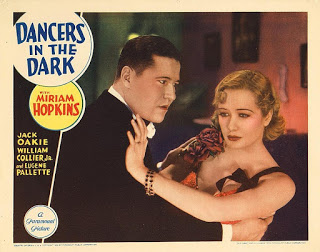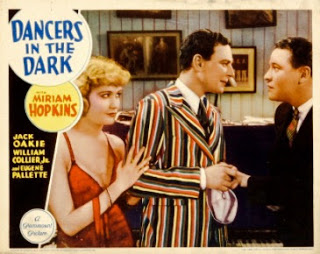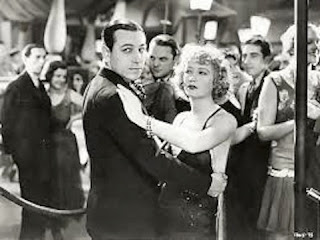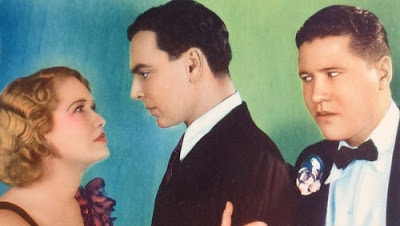Dancers in the Dark

Director:
David Burton
Year: 1932
Rating: 5.0
It's 10 cents
a dance and lonely men buy their tickets to a few minutes of human contact
- of a close dance, a snuggle, a furtive kiss perhaps in a fancy dance hall
where the girls line up hoping to find a big spender and the men someone
who might be available at the end of the night. As soon as the girl gets
the ticket their meter goes on and there is always another to hail if the
ride goes nowhere. Taxi Dancers. It is the Depression and 10 cents a dance
is the only way a lot of women can pay the rent. This is a pre-code film
but I don't think there was much here that would have been censored only
a few years later. A lot is often made of the pre-code era but the vast majority
of films censored themselves to the taste of the public. It is also Prohibition
of course and the customers and girls have to settle for floats and soft
drinks. Seeing George Raft order a root beer feels all wrong.







